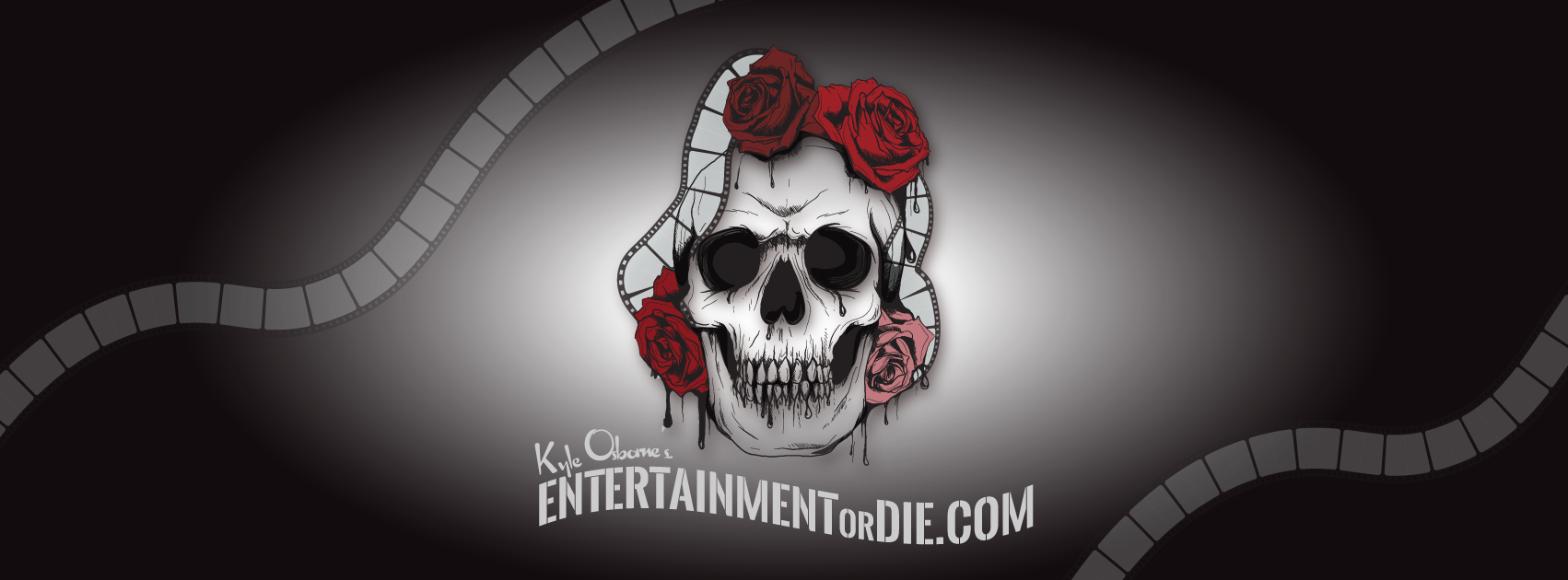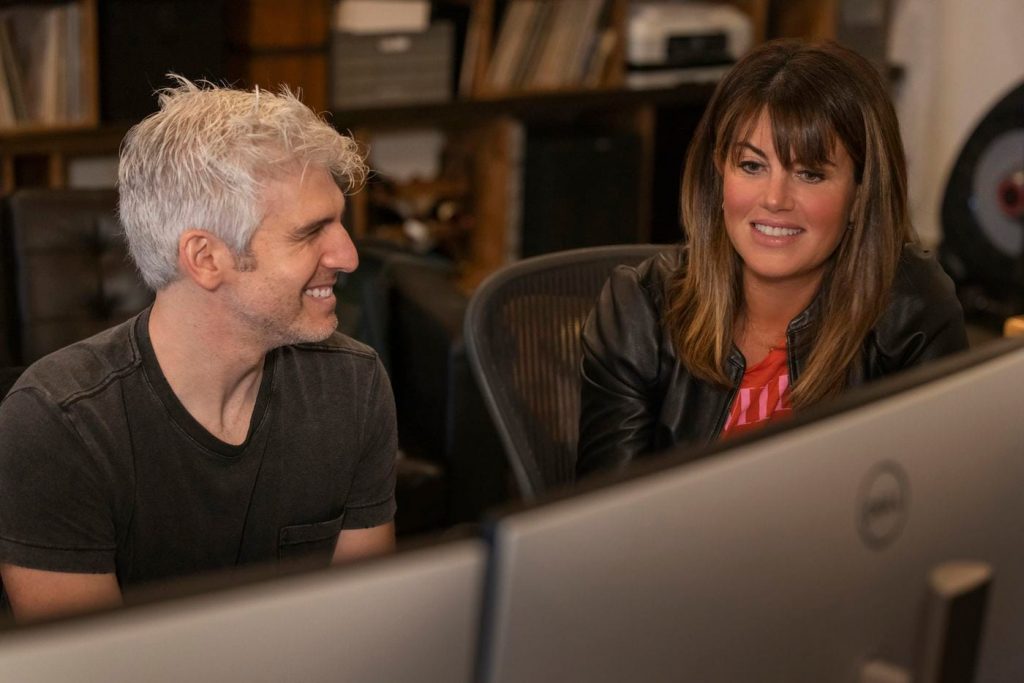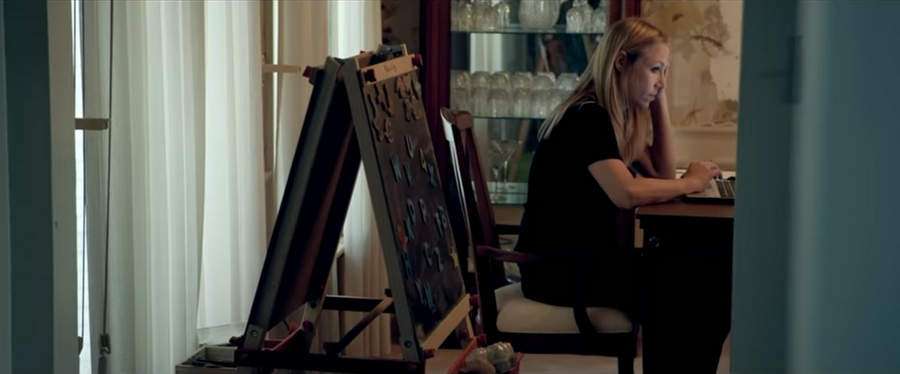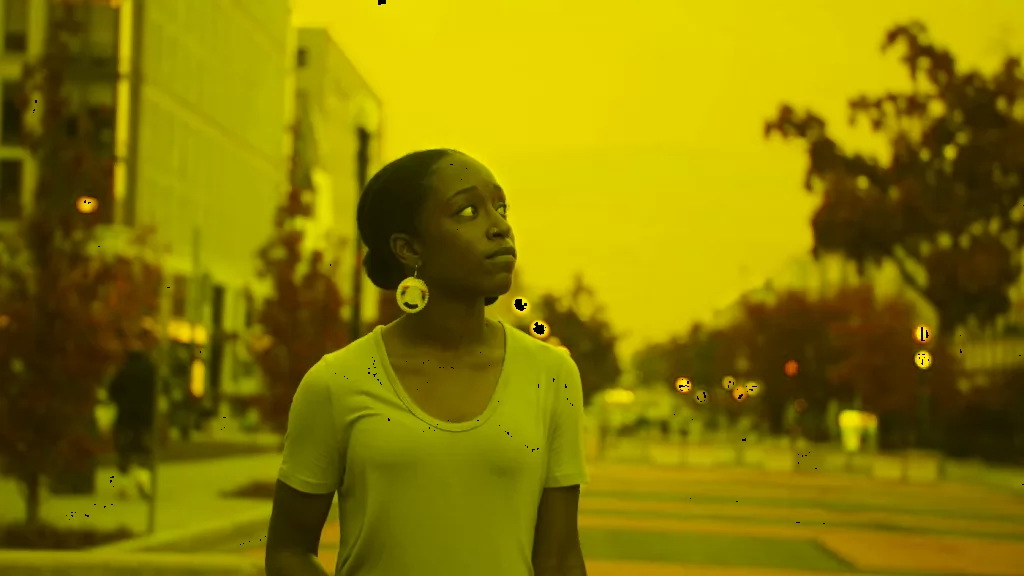The most overused and misused phrase of the past year is “Cancel Culture.” It started out as a modern day version of something Americans have been doing for a long time: boycotting businesses (and people) who have misbehaved, done wrong – often powerful people who have no shame and can only be moved to do the right thing by the prospect of losing money. And then it became a buzz phrase for Fox News and other horrible entities as a stand in for “politically correct.” In other words, someone could be an abominable human being and then be let off the hook by simply saying “yeah, it’s all because of cancel culture- poor me and my poor pillow company” (for example).
But the new documentary, 15 Minutes of Shame, is an engrossing film that takes a true 3-D look at the phenomenon of shaming. Public shaming goes back for centuries and the doc lays that as a foundation. I don’t know if it would be worse to have your head and hands locked up in a medieval pillory on the town square, or to have your home address and phone number sprayed out to millions of lunatics, but they are both examples of severe shaming punishment.
But what happens when the punishment doesn’t fit the3 crime? The most fascinating angle the film takes is looking at some people whose stories were shot gunned out to the public in inaccurate ways or as nefarious forms of political revenge that use misinformation to shame their opponents.
It turns out that from a psychological standpoint, we humans actually like hating our enemies more than we like loving our allies, and this fact adds cyber-fuel to the fire. Of course, the anonymity of the Internet also unchains us from decency – we are free to say whatever we want about whomever we want, with few legal exceptions, it seems.
Criss-crossing the country, the filmmakers get firsthand stories from what you can only call “victims” of public shaming gone wrong. They make the point that it is one thing to stop supporting a known bigot or rapist or a company that has screwed its customers, and quite another to ruin the lives of others who made an ill-advised quip on Twitter.
Remember the guy in the news who bought something like 17,000 bottles of hand-sanitizer which he then planned to sell at inflated prices on Amazon? The outrage was immediate and the news coverage was non-stop. The problem was that most people didn’t catch the fact that the man’s prices were for cases, not individual bottles and that the shipping prices, which so many Amazon customers have been trained to expect to be waived, are substantial for the heavy product. When you see the man, you are seeing someone who is broken, someone who, by all accounts, is a good dude who had no evil intent. I guarantee you won’t see this man in the same light again.
With the participation of psychologists, media members, sociologists and, again, some actual people who were in the receiving end of shaming, 15 Minutes of Shame does an admirable job of really looking at shaming from every angle, which includes cyber-bullying and coordinated campaigns that are sometimes used for good and other times used to virtually execute people who didn’t deserve their 15 minutes. The documentary is executive produced by Monica Lewinsky and Max Joseph, who also directed. It is important to note that Lewinsky’s role is as occasional narrator and this film is not about her.
15 minutes. That’s a short period of infamy followed by a lifetime of consequences, and that is the good news…and the bad news.
15 Minutes of Shame premieres October 7th on HBO Max | 4 out of 4 Stars




